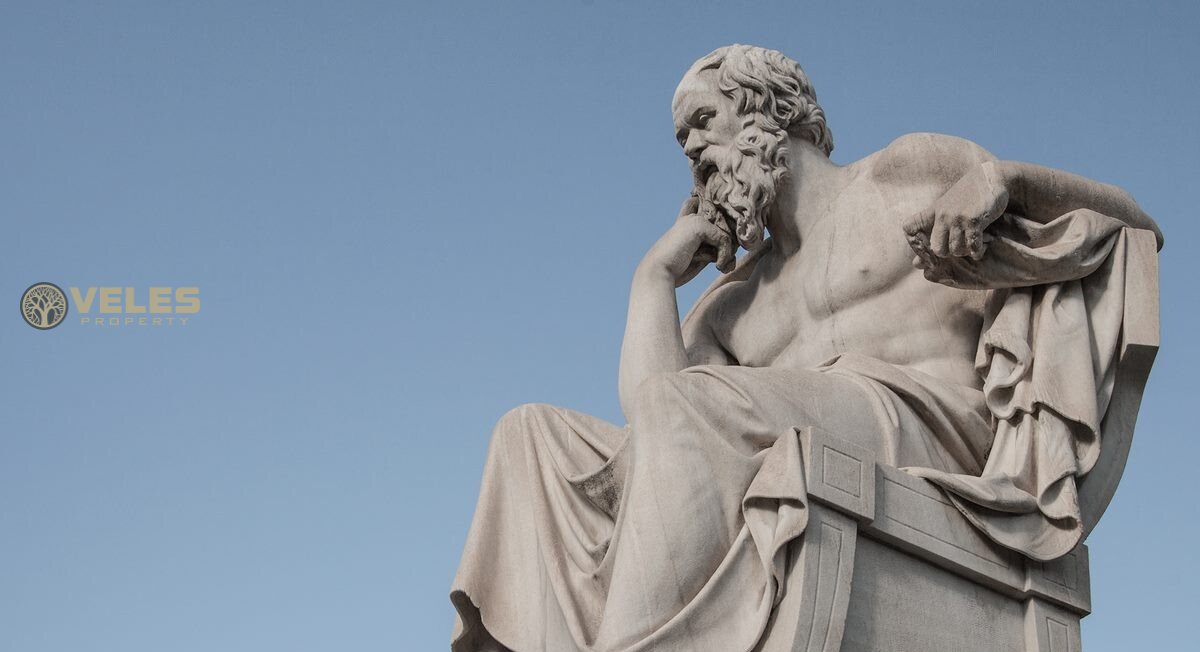Across various cultures and countries, the wisest members of society are often seen as those who are both logical and reflective, with a strong ability to consider the feelings and perspectives of others. A recent study explored how people from 16 diverse world cultures, ranging from Japan and Slovakia to Ecuador and Morocco, understand wisdom as a valued trait.
Wisdom is celebrated as a profound human quality that goes beyond mere intelligence, knowledge, or age. It is recognized not only by the truths it reveals or the actions it inspires but also by the positive feelings it evokes.
Researchers delved into the fundamental qualities that lead us to perceive individuals as wise, particularly in political leadership, science, and everyday life. Across different cultures, people’s judgments consistently highlighted two key aspects: reflective orientation and socio-emotional awareness. Reflective orientation encompasses traits like logical thinking, emotional regulation, and the application of knowledge. Socio-emotional awareness involves empathy and sensitivity to social contexts.
The study suggests that there may be a universal framework through which people worldwide assess, support, and trust leaders, educators, and other influential figures.
The research involved 2,707 participants from 16 socio-economically and culturally diverse backgrounds. These individuals were asked to compare 10 different people, including scientists, politicians, and teachers, in the context of making a challenging decision in a real-life scenario with no clear right or wrong answer. Participants then rated the wisdom of these individuals, as well as their own, allowing researchers to identify the key dimensions that shape our perceptions of wisdom both within and across cultures.




